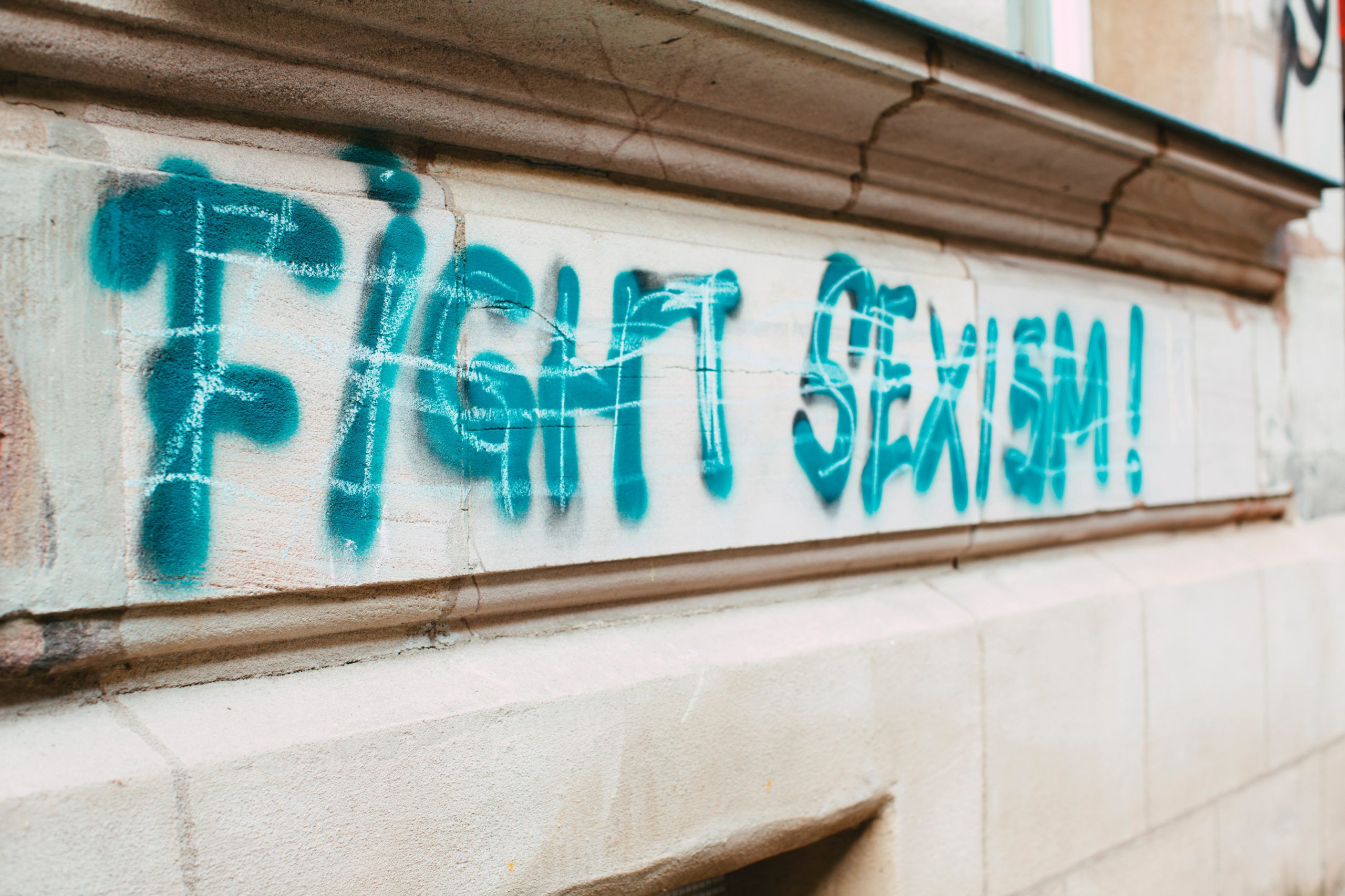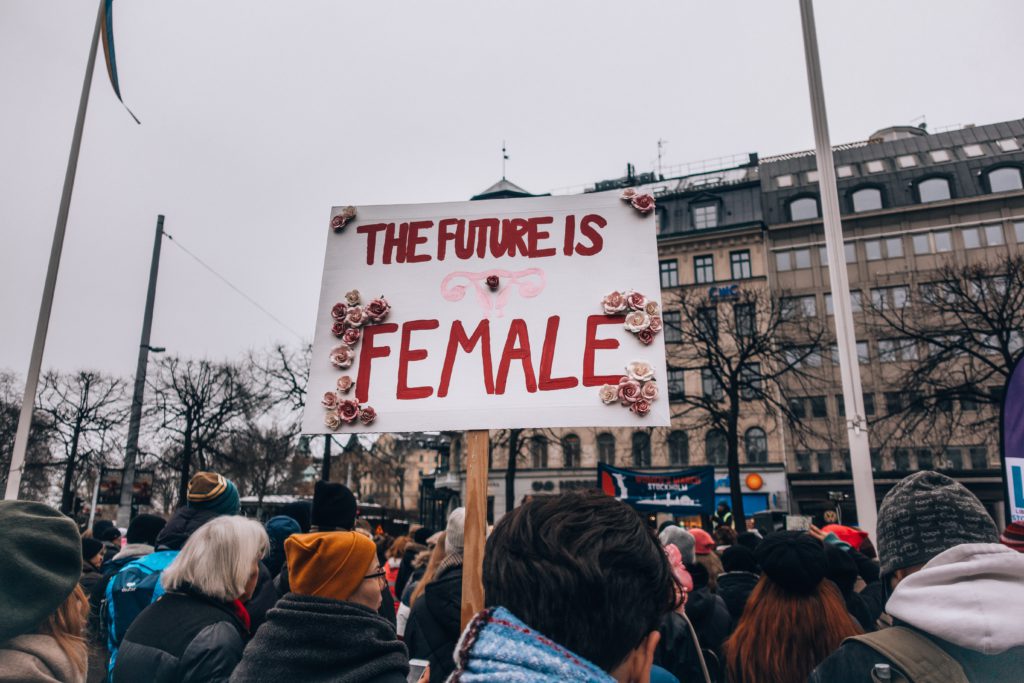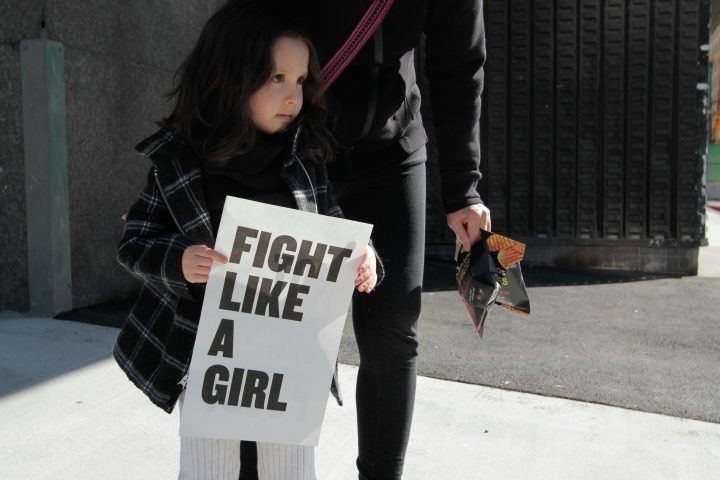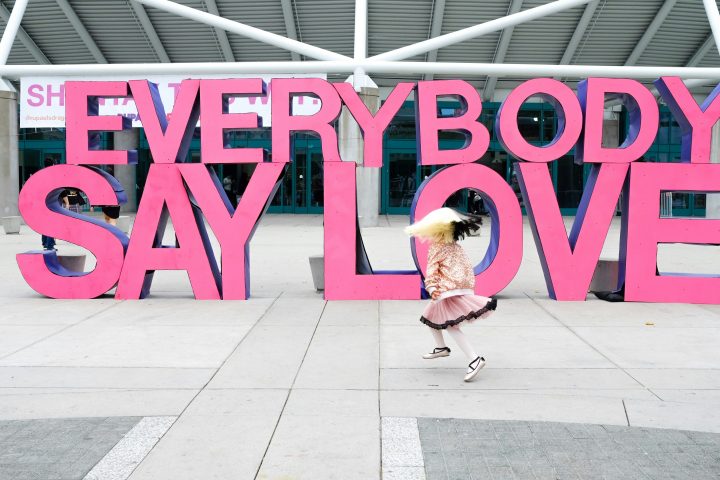Key Takeaways
- The N-word and “cracker” have different historical contexts and power dynamics.
- The N-word has a long history of oppression and racial violence against black people.
- “Cracker” historically referred to slave owners and does not carry the same weight of oppression.
- Current power dynamics make it problematic for white people to use the N-word.
- Black people using “cracker” does not have the same power dynamic and is not reverse racism.
- Context does not negate the historical weight and power dynamics of the N-word.
Introduction
The use of racial slurs is a sensitive and complex issue, sparking debates and discussions among various communities. One term that often comes up in these discussions is the N-word, which carries a long history of oppression and violence against black people. On the other hand, some people argue that terms like “cracker” and “honky” are used against white individuals without receiving the same level of critique. In this article, we will explore the historical contexts, power dynamics, and current usage of these terms to understand whether “cracker” can be considered a slur.
History Shows the Inequality Between the Two Words
To understand the difference between the N-word and “cracker,” we need to delve into their historical origins and the power relations they represent. The N-word, derived from terms like “negro” and “niger,” was used to describe people of African descent and eventually became a derogatory term used to oppress black people. It has been linked to the horrific experiences of slavery and racial discrimination throughout history.
On the other hand, the term “cracker” historically referred to slave owners and their use of whips to control both livestock and enslaved individuals. Unlike the N-word, “cracker” has not been used as a racial slur to dehumanize and oppress white people. The historical context of these words is crucial in understanding the unequal weight they carry.
Current Power Dynamics Between the Words Aren’t Equal
While the historical contexts of the N-word and “cracker” shed light on their origins, it is also essential to examine the current power dynamics associated with these terms. Racial oppression still persists in society, and white individuals benefit from privilege in many aspects of life. This privilege grants them power, allowing them to navigate society without experiencing racial oppression.
When white individuals use the N-word, even if they replace the “er” with an “a,” they wield this word from a place of power and privilege, while black individuals continue to face systemic racism. The N-word, regardless of context, carries a painful history and can perpetuate harm. The power dynamic comes into play when white individuals use this word without experiencing the oppression it represents or actively working against racial injustice.
On the other hand, black individuals using the term “cracker” does not reflect a power dynamic that oppresses white people. It may be seen as an insult, akin to calling someone a “white loser” on the schoolyard, but it does not carry the same weight of oppression and systemic racism. It is important to distinguish between racism and pettiness, as racism involves a power dynamic that targets marginalized groups.
Context Doesn’t Matter
In discussions about the use of the N-word, some argue that context matters. However, when it comes to a word with such a deep historical context, the power dynamics associated with it cannot be erased by context alone. The N-word can still be hurtful and perpetuate racial harm, regardless of where or how it is used.
It is important to recognize the historical weight and power dynamics of these terms. Ignoring or downplaying the historical context erases centuries of oppression and systemic racism. Instead of focusing on context, it is crucial to understand and respect the experiences and perspectives of marginalized communities.
Conclusion
The N-word and “cracker” carry different historical contexts and power dynamics. The N-word has been used as a tool of oppression against black people throughout history, while “cracker” historically referred to slave owners and does not carry the same weight of oppression. Current power dynamics make it problematic for white individuals to use the N-word, as they do not experience the racial oppression it represents.
On the other hand, black individuals using the term “cracker” does not reflect a power dynamic that oppresses white people. It is crucial to understand that racism involves a power imbalance, and pettiness or insults do not equate to racism. When engaging in discussions about racial slurs, it is important to prioritize listening, understanding, and supporting marginalized communities rather than centering the focus on white individuals’ feelings.
Ultimately, to foster social change and equality, it is essential to acknowledge and confront the historical and present-day realities of systemic racism. By learning from these discussions and working towards dismantling oppressive structures, we can strive for a more inclusive and just society.









